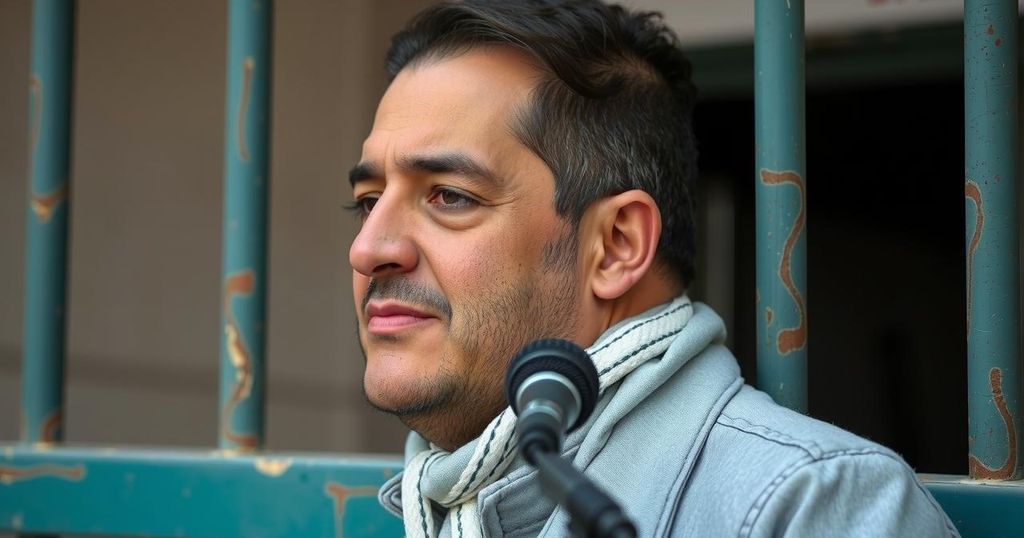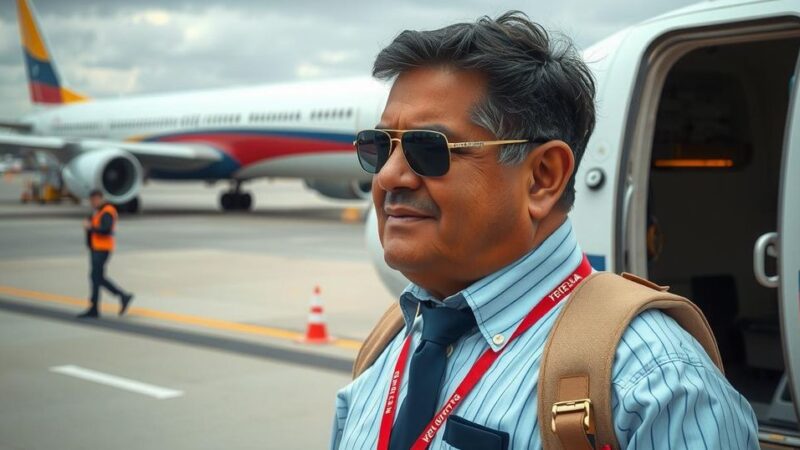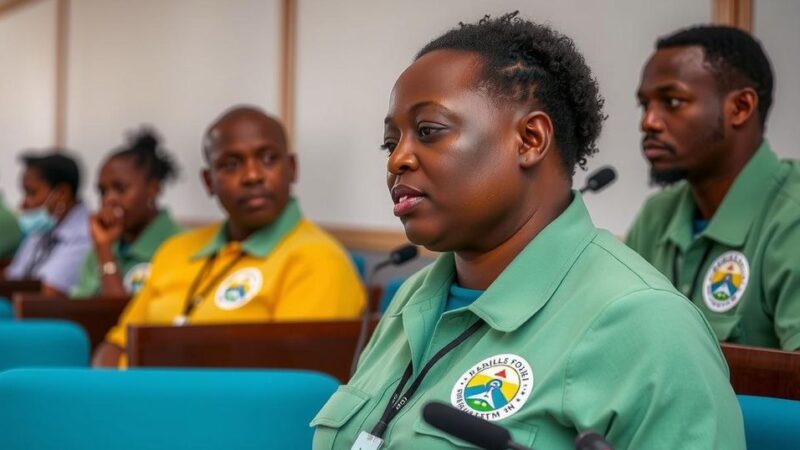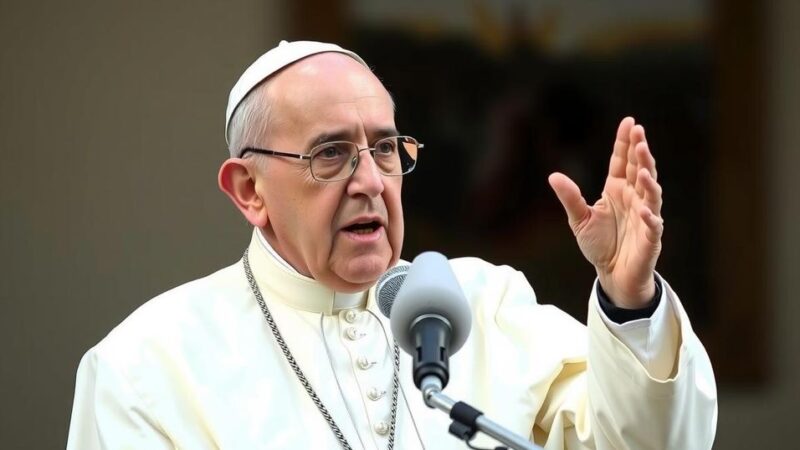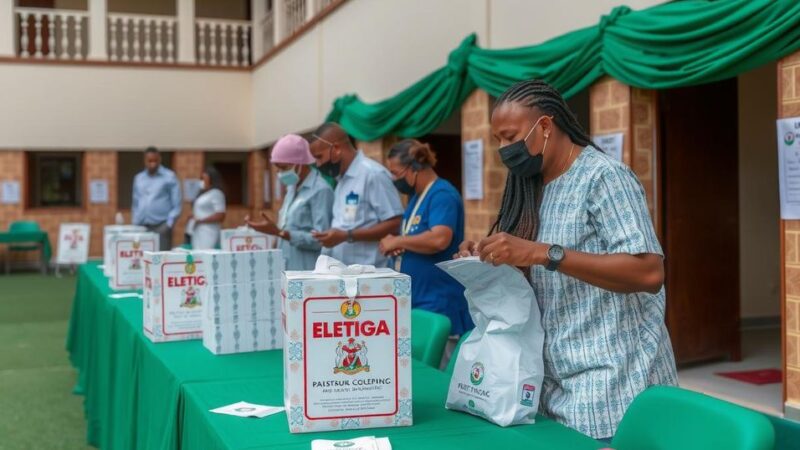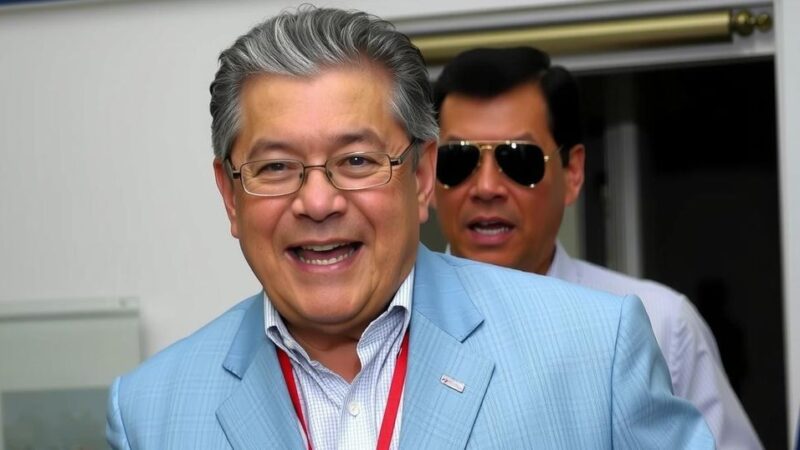Said Ait Mahdi, a Moroccan activist, was sentenced to three months in prison for leading protests against the government’s response to a devastating earthquake. The case, regarded as politically motivated by human rights advocates, reflects ongoing tensions surrounding civil liberties in Morocco, especially in the disaster-impacted areas. Protests continue as Ait Mahdi’s supporters call for his release and demand better recovery efforts for the victims.
On Monday, Said Ait Mahdi, a prominent Moroccan activist, received a three-month prison sentence following his involvement in protests against the government’s handling of the recent earthquake disaster. Ait Mahdi, who leads one of the most significant activist organizations in the affected area, was convicted on charges including defamation, assault, and inciting unauthorized demonstrations. This case has raised concerns among human rights advocates, who view the sentence as an arbitrary response to Ait Mahdi’s efforts to advocate for the earthquake victims and the local populace.
In September 2023, a devastating earthquake measuring 6.8 on the Richter scale struck the Al Haouz region, resulting in nearly 3,000 fatalities and widespread devastation of infrastructure. Many survivors remain displaced, living in temporary shelters while awaiting assistance. Protests have erupted across the region as citizens express their frustration over perceived governmental incompetence in disaster response and recovery efforts.
Ait Mahdi’s trial marks a significant moment as he is the first activist from the earthquake-affected area to be sentenced in this manner. During his trial, three other activists facing similar charges were acquitted, illustrating the contentious nature of the legal proceedings surrounding dissent in Morocco. Lawyers note that defendants in similar situations often receive harsher sentences, highlighting the relative leniency of Ait Mahdi’s term.
Human rights organizations, including the Moroccan Association for Human Rights, have condemned Ait Mahdi’s arrest as politically motivated and a means to silence dissent. Advocacy groups have called for the immediate release of Ait Mahdi, asserting that the charges are an attempt to distract from the government’s failures in addressing the needs of earthquake victims.
The earthquake has deepened existing disparities within Morocco, especially in areas populated by indigenous minority communities, where infrastructure was already lacking. The government has promised $11.5 billion for recovery efforts, yet activists argue that progress has been slow and insufficient. Demonstrations have continued, asserting that the government must prioritize rebuilding efforts and ensuring the well-being of affected families.
Furthermore, voices within the civil coalition of NGOs have characterized Ait Mahdi as a critical advocate for the oppressed and those impacted by the disaster. Protests in support of Ait Mahdi have drawn significant crowds, demonstrating widespread community support for his cause.
This article discusses the imprisonment of Said Ait Mahdi, a significant figure among Moroccan activists, following his protests against the government’s response to a catastrophic earthquake. The earthquake, which occurred in September 2023, caused severe damage and loss of life in northern Morocco, prompting public outcry over the slow recovery efforts. Ait Mahdi’s sentencing has garnered response from human rights advocates, emphasizing ongoing issues of civil rights and government accountability in the region.
The sentencing of Said Ait Mahdi has spotlighted significant issues regarding governmental accountability and human rights in Morocco, particularly in the aftermath of the September 2023 earthquake. The case underscores the tensions between civil society activists advocating for necessary reforms and a government perceived as repressive. As protests continue, the call for justice and equitable recovery for earthquake victims persists, highlighting both regional inequities and the vital role of activism in addressing these challenges.
Original Source: abcnews.go.com

